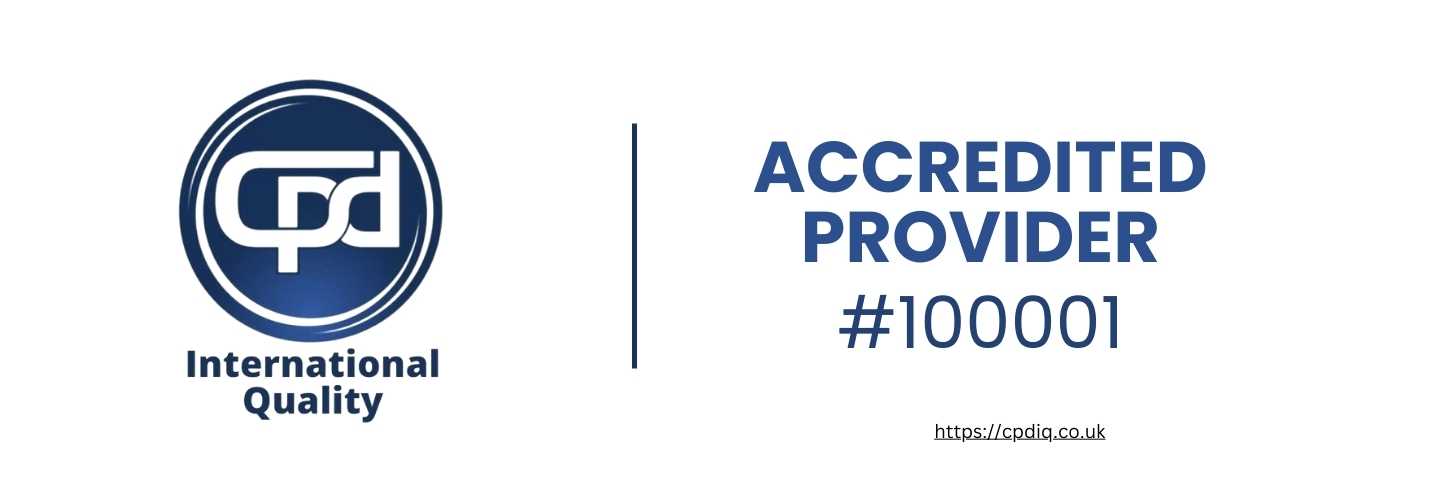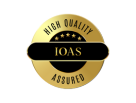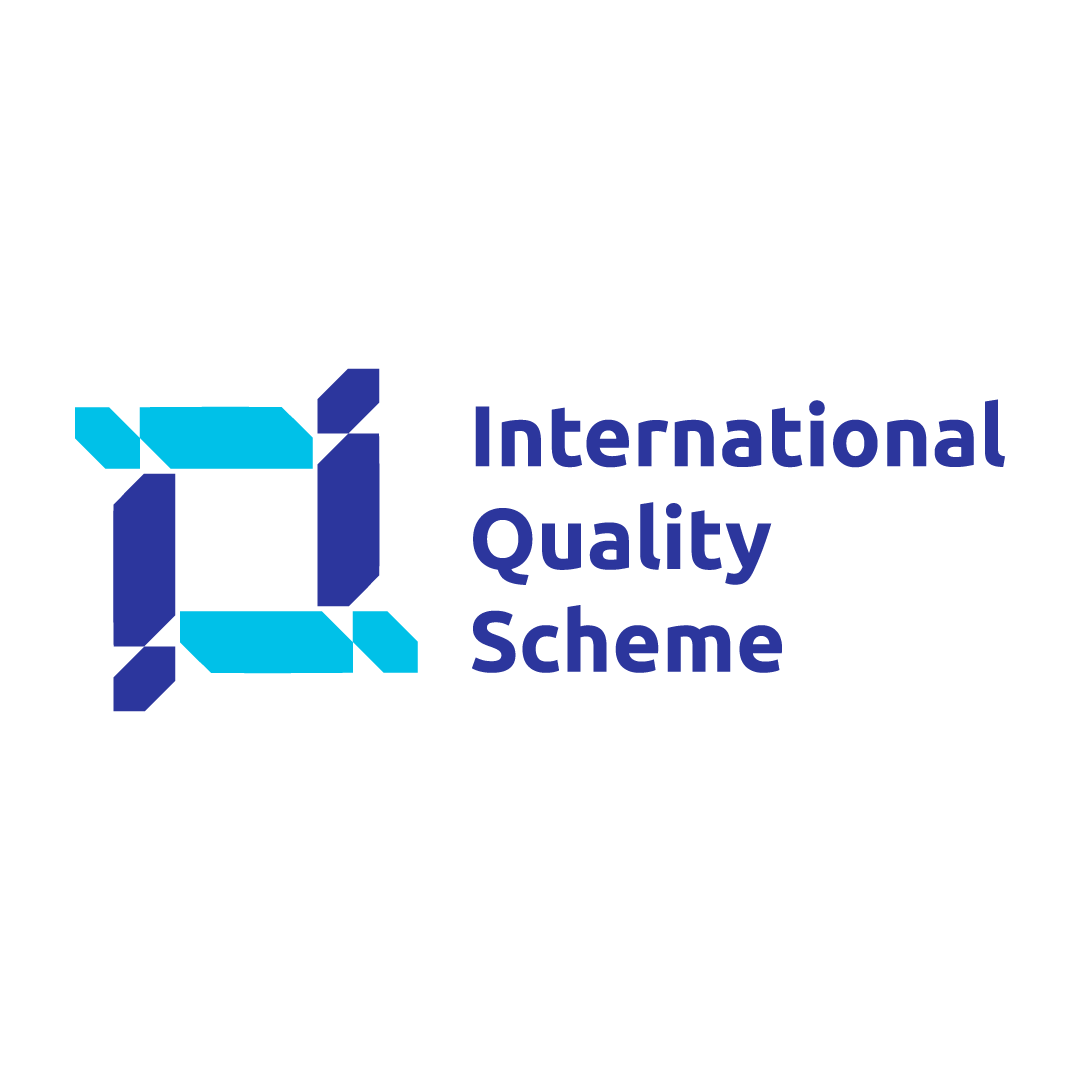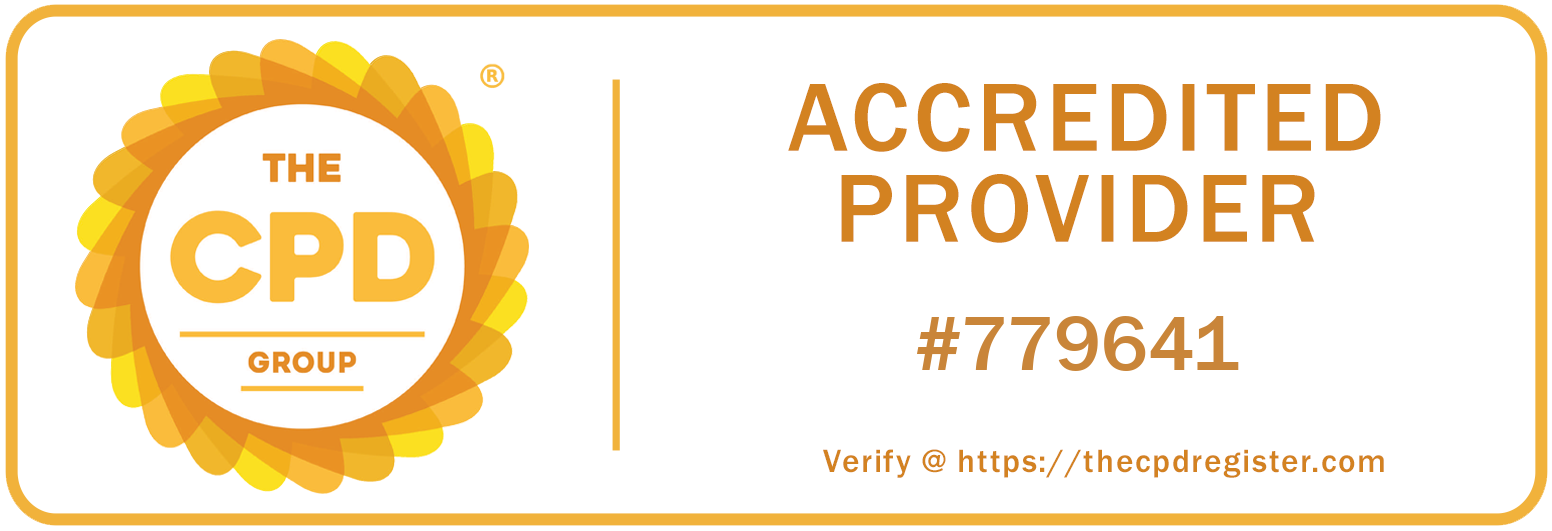
It is often said that HR Managers wear two hats: one focused on the well-being of individual employees and the other on the organisation as a whole. The former includes recruitment, training and development, and conflict resolution, while the latter involves managing performance, compliance and workforce planning.
To understand the roles and responsibilities of hr managers, what does HR Managers do and why this is important, consider the two hats they wear.
Quick Overview
Roles and Responsibilities of HR Managers play a vital role in balancing the needs of individual employees with organisational goals. They wear two key hats—one focused on people and the other on business strategy.
You’ll learn how HR Managers:
✅ Lead recruitment and talent acquisition, aligning hiring with company culture and goals.
✅ Deliver onboarding and continuous training to boost employee performance and retention.
✅ Manage performance through structured appraisals and goal-setting.
✅ Foster positive employee relations and resolve workplace conflicts.
✅ Ensure compliance with employment laws and evolving workplace regulations.
✅ Promote health and safety through policies, risk assessments, and wellness initiatives.
✅ Implement succession planning and workforce strategies for long-term growth.
✅ Boost employee engagement and retention through recognition and development programmes.
1. Roles and Responsibilities of HR Managers: Recruitment and Talent Acquisition
HR Managers focus on recruitment and talent acquisition by assessing organizational needs, developing strategic plans, and promoting a strong employer brand. They ensure effective, fair hiring processes that align with company culture while fostering diversity and inclusivity.
Sourcing, Interviewing, and Hiring Top Talent
The most important role of an HR Manager is recruitment and talent acquisition. To understand what does HR Managers do, it’s essential to recognise that in this process, they assess the company's present and future needs to find candidates who fit the company’s direction and culture. HR Managers handle the entire recruitment process, from advertising and sifting through applications to selecting candidates for interviews and making the final hiring decisions. Throughout this process, they must ensure that recruitment is effective, fair, and consistent with company policies and that they adhere to legal and ethical hiring principles.
Another key aspect of the role of HR Managers is working with department heads to understand their staffing needs, ensuring that the right people with the appropriate skills and competencies are hired. This involves writing job descriptions, reviewing the competencies required for each role, and recruiting candidates with the right background and caliber through various channels such as job boards, social media, employee referrals, and external recruitment agencies.
Developing Recruitment Strategies
To achieve these objectives, HR Managers must develop strategic recruitment plans that align with the organisation's long-term strategy and the current job market context. This involves understanding the target population, monitoring the competition, and establishing the most effective methods to reach potential candidates. By utilising data and trends, HR Managers can target prospective applicants who not only possess the necessary qualifications but also fit well with the company culture.
Furthermore, what does HR Managers do including taking measures to ensure that the employer brand is strong and attractive? They promote the company as a fantastic place to work, offering competitive benefit packages, flexible working conditions, and a diverse, inclusive culture. Recruitment strategies also involve promoting diversity to attract a wide range of talented candidates from all segments of society, thereby enhancing the organisation's ability to innovate and thrive.
2. Employee Onboarding and Training
HR Managers oversee the onboarding process to integrate new hires into the company culture and provide necessary resources, enhancing retention and satisfaction. They also develop continuous training and development programs to improve employee skills and performance, fostering career growth and addressing skill gaps.
Integrating New Hires into the Company
After new employees are hired, HR Managers manage the onboarding process, which is crucial to helping new hires start on the right path. This involves far more than just filling out new hire documents. Onboarding should also focus on integrating employees into the company culture, introducing them to their teams, and providing them with the tools and information needed to perform their jobs effectively. A well-executed onboarding process can often lead to higher retention rates and greater employee satisfaction, as new hires feel part of the company from day one.
The role of HR Managers, in this case, includes ensuring that new employees are properly introduced to the organisation, its values, mission, and way of doing things. This often entails collaborating with other departments to ensure that employees are familiar with their unit and its environment, understand the policies and procedures governing the department, and are equipped with necessary tools such as technological equipment, office supplies, and training material. HR Managers, therefore, play a critical role in helping new employees ease into their roles, which can contribute to higher productivity and better performance.
Continuous Training and Development Programs
In addition to the onboarding process, it is part of the roles and responsibilities of HR Managers to deliver continuous training and development. They create and manage training programmes to help employees improve their skills, keep up with industry trends, and advance in their careers. Continuous learning is vital for employee growth and engagement, and HR Managers ensure that training programmes are available for employees at every level, from new entry-level workers to senior executives.
These programmes may include in-person workshops, e-learning modules, mentorship schemes, leadership development training, or other initiatives. By providing such training, HR Managers support employees in advancing their careers while addressing current and future skill gaps within the organisation. This enhances the organisation's performance through a more productive and adaptable workforce. To assess the effectiveness of their training programmes, HR Managers often rely on performance metrics such as test scores and employee feedback.
3. Performance Management
HR Managers create performance management systems for continuous feedback and goal-setting, ensuring alignment with company objectives. They conduct appraisals to assess performance and support employee development while maintaining fairness and transparency.
Designing and Implementing Performance Review Systems
It is part of the roles and responsibilities of HR Managers to develop performance management systems to evaluate and enhance employees' performance over time. They design performance review systems that are fair, transparent, and aligned with the company's strategic objectives. Performance review systems generally encompass various processes, such as setting measurable performance targets for employees, monitoring progress, and providing feedback. HR Managers ensure that these systems are implemented consistently across the organisation and tailored to the needs of each department.
Employees are no longer subjected to annual reviews but instead receive a steady stream of feedback from their HR managers, along with coaching from department heads and team leaders. This approach focuses on helping employees improve their performance in real-time, thereby fostering a culture of continuous improvement and development.
Setting Performance Goals and Conducting Appraisals
In addition to performance reviews, performance management also involves setting performance goals. For this, HR Managers are expected to work with team leaders and department heads to develop goals for each employee, while also contributing to the company's strategic goals. These goals become the benchmark for what is expected from each employee and how they fit into the broader organisational picture.
It falls into the roles and responsibilities of HR Managers to conduct performance appraisals. During these appraisals, HR professionals assess an employee's performance by listing their accomplishments, identifying areas for improvement, and explaining their overall contribution to the organisation. This process helps HR managers identify top performers who may be ready for promotion and also pinpoint employees who may need additional support to meet performance expectations. Through this process, HR managers ensure fair and transparent appraisals, providing valuable feedback to help employees improve their performance and advance their careers.
4. Employee Relations and Conflict Resolution
HR Managers foster positive employee relations by implementing strategies to enhance job satisfaction, mediate conflicts, and address concerns, ensuring a productive and harmonious work environment.
Maintaining Positive Employee Relations
HR Managers are the guardians of employee relations, striving to maintain a positive work environment where employees feel valued and are encouraged to be productive and successful. Roles and responsibilities of HR Managers involve creating and implementing HR strategies for the workplace that strengthen the working dynamic between employees and management, while also addressing communication and developmental needs. In addition to being a liaison between employees and management, the HR Manager frequently becomes a mediator between both parties, working to ensure that employee concerns are addressed in a timely manner.
Maintaining good employee relations is a crucial part of an HR Manager's job. This is achieved through HR strategies for the workplace designed to reduce turnover and enhance job satisfaction. Activities such as organising team-building events, recognition programmes, and conducting surveys to gauge employee sentiment are integral to these strategies. The data gathered from these surveys is then used to make informed changes to company policies or the work environment, ensuring that employees remain motivated and committed to the organisation.
Handling Conflict Resolution and Fostering Harmony
An HR Manager needs to address conflicts between employees, as well as conflicts between employees and management. They also mediate conflicts within teams. The HR Manager helps the company and its employees resolve conflicts internally. For example, if two employees have a disagreement, the HR Manager would need to speak with both parties and find a suitable resolution. The manager must consider the company's policies and procedures to ensure a fair process. It is essential for the company to provide a safe working environment for every employee.
HR Managers also assist in managing difficult situations that may arise, such as performance issues or instances of misconduct. They are trained to handle these situations with discretion and empathy, working with all parties involved to resolve conflicts proactively. This might involve facilitating difficult conversations, conducting investigations, or advising on the best ways to resolve disputes. By addressing conflicts early and encouraging open communication, HR Managers help prevent issues from escalating and creating a toxic work environment.
5. Compensation and Benefits Management
HR Managers manage competitive compensation and benefits packages to attract and retain talent, ensuring fairness and alignment with company goals while enhancing employee satisfaction.
Overseeing Salary Structures, Bonuses, and Benefits
An important role of an HR Manager is to manage compensation and benefits. This role is closely related to the human resource system and involves overseeing the company's salary structure. The HR Manager must decide on competitive salary structures within the industry and align them with the financial goals of the company. Consequently, roles and responsibilities of HR Managers involve designing compensation packages that attract potential employees and retain current staff. These packages should include base salaries, bonuses, incentives, and other relevant components.
Furthermore, the HR Manager needs to ensure that pay scales are fair to employees. This means providing rewards that are appropriate to employees’ performance at work.
Roles and responsibilities of HR Managers involve collaborating with finance teams and senior leadership to develop compensation strategies that are both sustainable for the business and attractive to prospective talent. They conduct annual or quarterly salary reviews, benchmark against the market, and make necessary adjustments to keep the organisation competitive in attracting and retaining talent. By implementing effective HR strategies for the workplace, including competitive and transparent compensation programmes, HR Managers contribute to driving employee satisfaction and alignment.
Importance of Competitive Compensation Packages
Apart from salary management, HR Managers also design benefit packages that complement remuneration as a whole. This includes health insurance, retirement benefits, paid time off, wellness programmes, and other perks that enhance the employee experience. In today's job market, where workers increasingly value non-financial rewards, offering competitive benefits packages is crucial for recruiting and retaining top talent.
Additionally, HR Managers play a role in ensuring that these packages are flexible. For example, offering options such as remote work or support for mental health and childcare can significantly increase employee satisfaction and engagement. By incorporating these HR strategies for the workplace, HR Managers help create a more supportive and appealing work environment.
6. Compliance with Employment Laws
HR Managers ensure organizational compliance with labor laws and regulations, protecting employee rights and avoiding legal issues by staying updated on evolving legal standards.
Ensuring Compliance with Labor Laws and Regulations
One of the main roles and responsibilities of HR Managers is to ensure that their organisation adheres to all local, national, and international laws and regulations related to labour. This includes managing employment contracts, paying fair wages, and complying with regulations on working hours, working conditions, and employees' rights. HR Managers need to stay updated with the laws that regulate the workplace and ensure that all company policies align with these legal requirements. This helps the organisation avoid litigation, fines, or penalties by maintaining compliance.
The HR Manager must also ensure that the organisation complies with anti-discrimination laws and equal opportunity regulations, protecting the interests of all workers. Policies are periodically reviewed and updated to reflect current legal standards. Often, the HR Manager is the primary point of contact for all regulatory audits or investigations and will do everything possible to uphold employment standards that withstand scrutiny.
Staying Updated with Legal Changes
HR Managers must stay on top of regulations governing the workplace, as employment law is continually evolving. In recent years, with the rise of remote work, new laws have been introduced to govern remote employment. These laws address issues such as the rights of remote employees, their working conditions, and data privacy concerns. The implementation of the GDPR (General Data Protection Regulation) in the UK has introduced new challenges regarding how organisations handle employee data. Consequently, HR Managers now need to implement robust data protection policies.
To ensure compliance, HR Managers attend regular legal seminars, consult with legal specialists, and keep abreast of legislative changes that may affect the company. By doing so, the company can avoid costly legal issues while maintaining a legally compliant and fair workplace.
7. Workplace Health and Safety
HR Managers ensure a healthy and safe workplace by creating and implementing health and safety policies, conducting risk assessments, and promoting wellness programs to protect employees' physical and mental well-being.
Promoting Health and Safety Standards
HR Managers play a crucial role in ensuring that an organisation adheres to healthy and safe policies by creating, implementing, and maintaining these policies. This is a key aspect of effective HR strategies for the workplace, aimed at protecting employees from workplace injuries and supporting their mental health and well-being. It is part of the roles and responsibilities of HR Managers to ensure that all workers comply with the health and safety policy by conducting risk assessments and providing training to ensure adherence to proper safety procedures.
Furthermore, HR Managers implement health and wellness programmes as part of comprehensive HR strategies for the workplace, designed to support both physical and mental health. These programmes might include ergonomic assessments, stress management initiatives, or access to wellness resources such as fitness and counselling services. By promoting a healthy and safe workplace, HR Managers help to minimise injuries and illnesses among workers while fostering a culture of care and concern.
Managing Risk Assessments and Implementing Safety Policies
Risk assessment is another significant duty of HR Managers. Roles and responsibilities of HR Managers require them to inspect the premises to identify potential hazards to staff as part of their HR strategies for the workplace. They must assess the level of risk that these hazards pose and take steps to prevent them from becoming issues.
For example, an HR Manager, in collaboration with health and safety officers, will evaluate fire risks in the workplace and take action to mitigate those risks by providing appropriate training or making necessary adjustments. HR Managers work to reduce risks associated with potential hazards, whether in an office setting where staff work at desks or in a manufacturing environment where employees use tools and machinery as part of their daily tasks.
After conducting a risk assessment, HR Managers must develop and implement safety policies for the company. These policies, a crucial element of HR strategies for the workplace, outline procedures for emergencies, reporting protocols, and general workplace safety practices. HR Managers must ensure that these policies are updated in line with industry standards and regulations.
8. Diversity, Equity, and Inclusion (DEI) Initiatives
HR Managers implement Diversity, Equity, and Inclusion (DEI) programs to ensure fair treatment and equal opportunities for all employees, fostering a supportive workplace culture that values diverse perspectives.
Developing and Promoting DEI Programs
Nowadays, HR Managers are increasingly expected to implement Diversity, Equity, and Inclusion (DEI) programmes within the organisation. The roles and responsibilities of HR Managers involve devising policies that ensure employees from all backgrounds are treated fairly and provided with equal growth opportunities. DEI programmes aim to create a workplace environment that fosters a sense of belonging for everyone, regardless of their race, gender, age, disability, or sexual orientation.
The HR Manager designs DEI policies and helps leadership integrate these initiatives into the company-wide strategy. This can include establishing diversity hiring policies, analysing pay equity, and implementing training programmes to address unconscious bias. The HR Manager also tracks and evaluates the success of DEI initiatives by collecting employee feedback and measuring progress using data.
Fostering an Inclusive and Equitable Workplace Culture
HR Managers can advance these goals by promoting inclusivity and equity, thereby cultivating a workplace culture where everyone can perform to the best of their abilities. DEI is not just about compliance; it’s about creating a workplace where the diverse perspectives of employees are valued, enhancing creativity, innovation, and decision-making. HR Managers can also ensure that diversity is reflected throughout the organisation, from entry-level positions to senior leadership roles.
This includes not only recruitment and hiring efforts but also creating an environment in which employees feel they can thrive and excel. A focus on DEI might involve mentorship programmes for historically underrepresented groups, employee resource groups, or flexible work policies that support diverse needs. Ultimately, by prioritising DEI, an HR Manager contributes to a culture that is more inclusive and supportive of the organisation's mission.
9. Succession Planning and Workforce Management
HR Managers focus on succession planning and workforce alignment to develop future leaders and ensure that talent meets the organization’s strategic goals, adapting to changing market demands.
Planning for Future Leadership and Talent Needs
Another area of focus for roles and responsibilities of HR Managers is succession planning, which ensures that the organisation has a pipeline of future leaders ready to fill key roles when the time comes. Succession planning involves identifying high-potential staff, providing them with development opportunities, and preparing them for leadership positions. HR Managers collaborate with departmental heads and executives to identify critical roles worth planning for and to ensure continuity.
Based on performance evaluations and other data, roles and responsibilities of HR Managers requires to assess employees' readiness for leadership roles—evaluating their potential to assume more senior positions. Employees are then provided with developmental plans, which include leadership training, mentoring, and rotational assignments, to enhance their leadership abilities. Through effective succession planning, HR Managers help maintain the organisation's resilience.
Aligning Workforce Planning with Business Goals
Workforce planning extends beyond the day-to-day roles and responsibilities of HR Managers; it involves ensuring that talent aligns with the company's strategic direction in the long term. Roles and responsibilities of HR Managers involve ensuring that the company has the right people in the right positions to meet business objectives. This includes forecasting the number of people needed in each of the roles and responsibilities of HR practices, identifying the required skills, and determining the steps necessary to recruit, train, and develop the right individuals at the right time.
Additionally, the roles and responsibilities of HR Managers often involve assisting the organisation in adapting to changing market trends or shifting business priorities. For example, if a company is expanding into new markets or transitioning to new technologies, the HR Manager needs to ensure the workforce has the necessary skills and competencies to support the business plan. By integrating workforce planning with business strategy, HR Managers help ensure the organisation remains flexible and competitive in a rapidly evolving business landscape.
10. Employee Engagement and Retention
HR Managers enhance employee engagement and retention by implementing recognition programs, professional development initiatives, and utilizing feedback tools to create a motivated and committed workforce.
Boosting Employee Engagement
One of the main duties of an HR Manager is employee engagement, which reflects the level of dedication an employee has to the organisation and its goals. Employee engagement is a key factor in increasing worker productivity.
An HR Manager creates and implements programmes that support and enhance employee engagement. For example, employee recognition programmes, professional development, and wellness initiatives are common approaches. Employees who are recognised for their hard work and dedication become more motivated and emotionally connected to the workplace and the company’s purpose.
Another way HR Managers use data to understand employees is through surveys and feedback forms. These tools help evaluate how engaged employees are in their work and identify areas for improvement. By allowing employees to regularly share their opinions with HR Managers—through anonymous or named surveys, depending on their preference—HR Managers can gain insights into how to improve workplace morale and productivity. This feedback helps create an environment where employees feel valued and empowered to do their best.
Retaining Top Talent Through Recognition and Career Development
Employee retention is also a key focus for HR Managers. Retaining top talent is crucial for any organisation, as high turnover rates can be expensive and disruptive. To address this, HR Managers design retention strategies that include career development programmes, mentorship opportunities, and clear career pathways. These practices ensure employees’ growth and development, encouraging them to stay with the company for longer periods.
Recognition programmes are another method of retaining employees. HR Managers develop systems that reward employees for their efforts and contributions, such as bonuses, promotions, and public recognition. By showing appreciation and investing in employees' professional careers, HR Managers make them feel valued and motivated to remain with the company in the long term.
Conclusion
An HR Manager can be one of the most important roles in an organisation because they perform various functions that are crucial for its smooth operation. These functions include recruitment, performance management, compliance, and human relations. What does HR Managers do involves balancing the needs of employees with the needs of the organisation. This means that organisations require HR Managers to ensure they remain productive, safe, and inclusive.
Understanding what the roles and responsibilities of HR Managers has a strategic dimension within an organisation. They perform many important functions that ensure employees are eager, motivated, and engaged. This, in turn, helps the company achieve long-term success. By fulfilling the diverse roles and responsibilities of HR Managers, they play a key role in fostering a productive and positive work environment.










